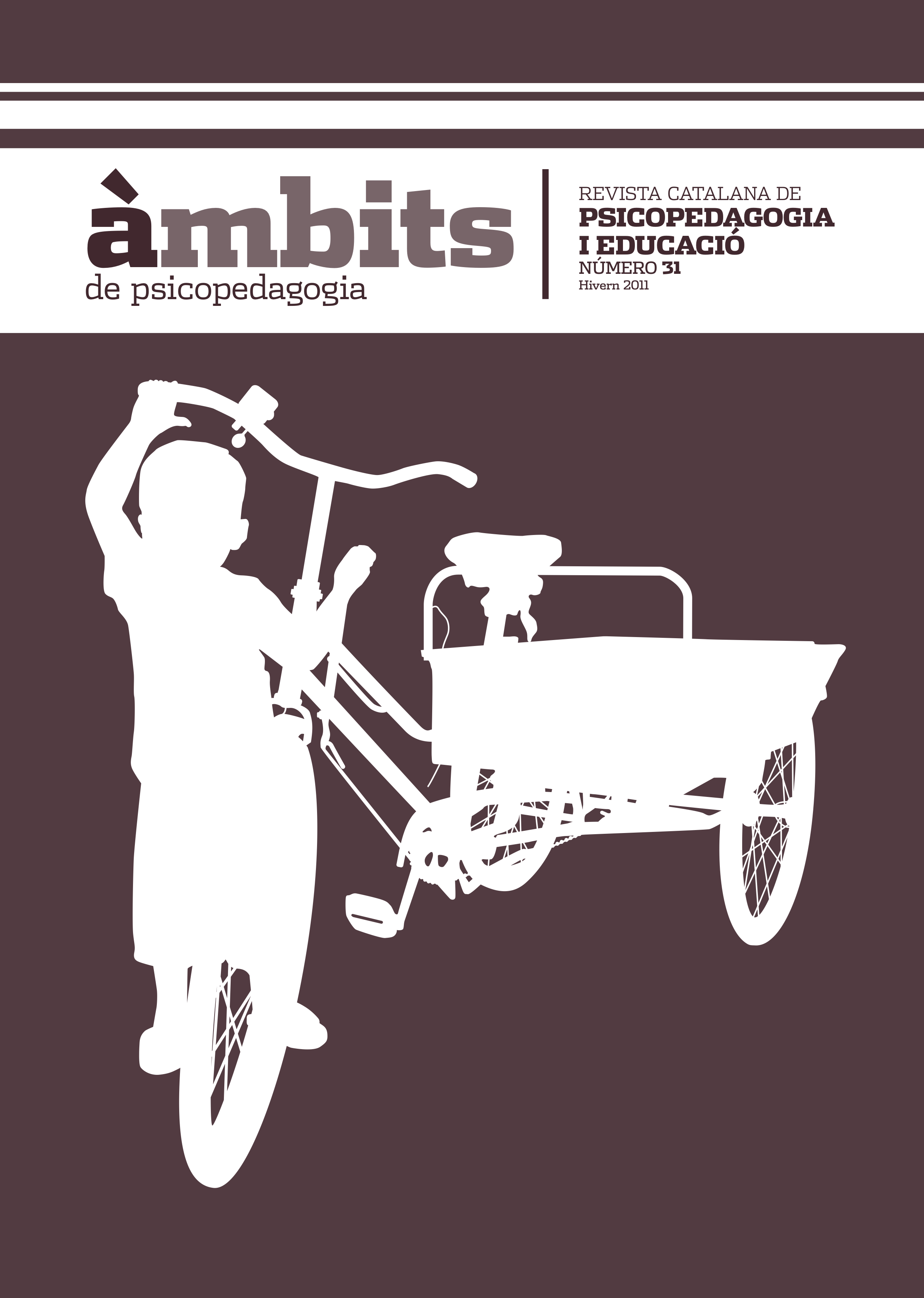The functions of the support teacher in the framework of a school for all.
Consequences for training.
Abstract
The aim of this papers is to contribute to the need of rethinking the role of support teachers in a fraamework of a school for all, whether individually or as a staff member. First of all, it seems necessary to specify what we should understand as inclusive education from the progresso of scientific community and the professional practice. Secondly, considering the current research, suport teacher functions are explored in this new apradigm and demanding educative context. Finally, some key contents are suggested that should be considered in the teacher's 9nitial training and lifelong education.
References
Ainscow, M. (2005). Developing inclusive education systems: What are the levers for change?. Journal of Educational Change, 6, 109-124.
Ainscow, M.; César, M. (2006). Inclusive Education ten years after Salamanca: Setting the agenda. European Journal of Psychology of Education, XXI (3), 231-238.
Booth, T, Ainscow, M. (2202). Index for Inclusion: Developing Learning and Participation in Schools. Bristol: Centre for Studies on Inclusive Education (CSIE).
Boorh, T. (2009). El uso del Index for Inclusion en Inglaterra. En C. Giné, D. Duran, J. Font y E. Miquel (coords). La Educación inclusiva. De la exclusión a la plena participación de todo el alumnado. Barcelona; Horsori.
Dunn, L.M. (1968). Special Education for the mildly retarded. Is much of it Justifiable? Exceptional Children, 35, 5-22.
Duran, D.; Giné, C.; Marchesi, A. (2010). Guia per a l'anàlisi, la reflexió i la valoració de pràctiques inclusives. Barcelona: Departament d'Educació. Generalitat de Catalunya.
Ferguson, D.L. (2008). International trends in inclusive education: the continuing challenge ti teach each one and everyone. European Journal of Special Needs Education, 23, 2, 109-120.
Hoover, J.J.; Patton, J.R. (2008). The Role of special Educators in a Multitiered Instructional System. Intervention in School and Clinic, 43, 195-202.
Llei 13/1982, de 7 d'abril, d'integració social dels minusvàlids - LLISMI (BOE de 30 d'abril de 1982).
NACIONS UNIDES, Convenció sobre els Drets de les Persones amb Discapacitat (NNUU 2006), Web Oficial de Nacions Unides, 2006 (consultat 8/02/2011) http://www.un.org/disabilities/convention/conventionfull.shtml
Tedesco, J.C. (2007). Internacionalización y Calidad Educativa. Em Libertad, Calidad y Equidad en los Sistemas Educativos (Buenas Prácticas Intrnacionales). IV Encuentro sobre Educación en el Escorial (UCM). Madrid: Biblioteca Virtual de la Consejería de Educación de la Comunidad de Madrid.
UNESCO (1994). Informe Final. Conferencia mundial sobre necesidades educativas especiales: acceso y calidad. Madrid: UNESCO/Ministerio de Educación y Ciencia.
Warnock, M. (1978). Report of the Committee of Enquiry into the Education of Handicapped Children and Young People. Londres: Her Majesty's Stationery Office.
Downloads
Published
Issue
Section
License
The authors maintain their copyright and give the right to the first publication of the work to the journal, registered under a Creative Commons Attribution-Non Commercial-NoDerivs license. This license allows others to download the works and to share them with others as long as they credit the author, but it does not allow for any kind of modification or commercial use.















